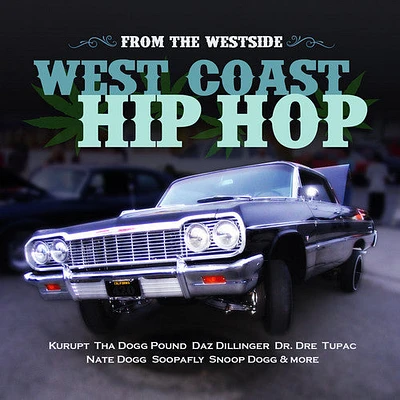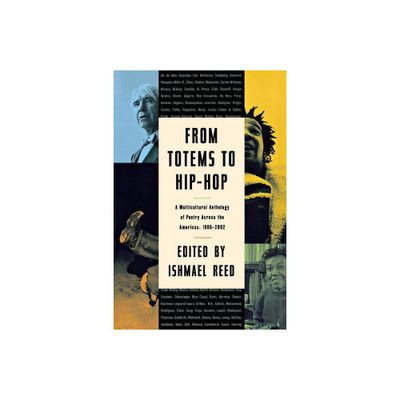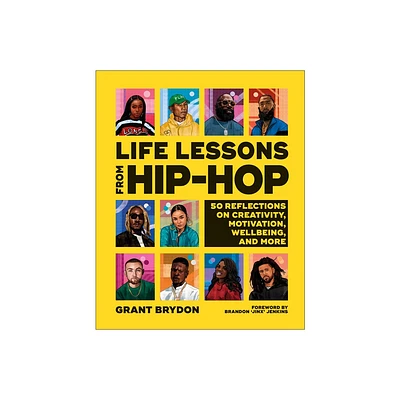Home
Bodies of Information: Reading the VariAble Body from Roman Britain to Hip Hop / Edition 1
Loading Inventory...
Barnes and Noble
Bodies of Information: Reading the VariAble Body from Roman Britain to Hip Hop / Edition 1
Current price: $180.00


Barnes and Noble
Bodies of Information: Reading the VariAble Body from Roman Britain to Hip Hop / Edition 1
Current price: $180.00
Loading Inventory...
Size: OS
*Product Information may vary - to confirm product availability, pricing, and additional information please contact Barnes and Noble
Bodies of Information
initiates the Routledge Advances in the History of Bioethics series by encompassing interdisciplinary Bioethical discussions on a wide range of descriptions of bodies in relation to their contexts from varying perspectives: including literary analysis, sociology, criminology, anthropology, osteology and cultural studies, to read a variety of types of artefacts, from the Romano-British period to Hip Hop. Van Rensselaer Potter coined the phrase Global Bioethics to define human relationships with their contexts. This and subsequent volumes return to Potter’s founding vision from historical perspectives, and asks, how did we get here from then?
initiates the Routledge Advances in the History of Bioethics series by encompassing interdisciplinary Bioethical discussions on a wide range of descriptions of bodies in relation to their contexts from varying perspectives: including literary analysis, sociology, criminology, anthropology, osteology and cultural studies, to read a variety of types of artefacts, from the Romano-British period to Hip Hop. Van Rensselaer Potter coined the phrase Global Bioethics to define human relationships with their contexts. This and subsequent volumes return to Potter’s founding vision from historical perspectives, and asks, how did we get here from then?

















